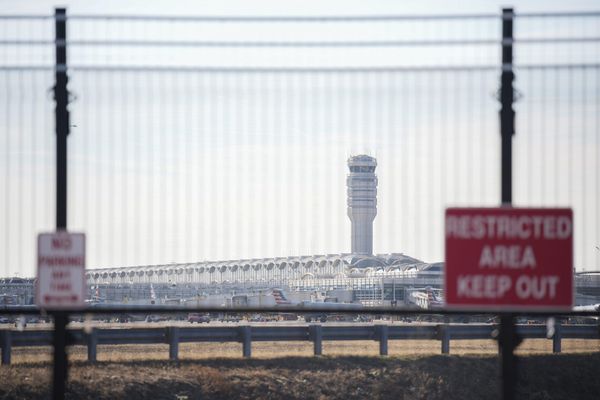
An unbroken string of court and regulatory losses makes Gina Rinehart’s Canadian coal play a black hole worth $646 million and counting.
Despite Rio Tinto’s $3 billion write-off arising from its reckless 2010 purchase of Riversdale Mining and its landlocked African coal play named Benga, the mining magnate must have believed that this time she could trust the Riversdale boys.
She seems to have accepted the assurances of their reincarnated “Riversdale Resources” that the re-opening of its Grassy Mountain metallurgical coal property in the Canadian Rocky Mountains would surely be approved. (It also appears she may not have gotten the hint from Riversdale’s naughty naming of its Canadian operation “Benga” in homage to the Rio Tinto caper.) The property had been exhaustively mined until the 1960s and abandoned as uneconomical, leaving an ugly mess of waste rock and water-filled pits.
Unusually for Canadian mining schemes, the Benga application was denied by federal and provincial regulators in 2021. The grounds for denial were Benga’s lack of a credible plan to prevent selenium contamination of surface water and Benga’s exaggerated estimate of the property’s residual coal. Now, five years after enriching Riversdale’s principals Michael O’Keeffe and Steve Mallyon with her $646 million takeover, Grassy Mountain remains a money pit.
Rinehart renamed Benga “Northback” (a clumsy amalgam of Canada’s comical reputation as “The Great White North” and the tired cliché of Australia as a barren wilderness).
The Alberta Court of Appeal decided on August 22 that Northback’s latest gambit to resuscitate Grassy Mountain is arguably illegal and worthy of the full appeal sought by the local municipality of Ranchland, an expanse of mountains and grasslands reputed to count more horses than people.
It was Northback’s third legal defeat after two failed attempts to appeal the regulatory denial, including a definitive refusal to hear the case by the Supreme Court of Canada.
The joint federal-provincial regulatory panel had rejected the Grassy Mountain project both for its environmental degradation and the coal’s low quality and quantity, saying “we find that the project’s significant adverse environmental effects on surface water quality and westslope cutthroat trout and habitat outweigh the low to moderate positive economic impacts of the project. Therefore, we find that the project is not in the public interest.”
Northback then applied in September 2023 for new exploration permits for the same Grassy Mountain property, as though the preceding regulatory and judicial processes simply had not happened.
Northback has a willing and influential ally: the Alberta government itself had promised Grassy Mountain’s Australian promoters smooth sailing through the normally stormy regulatory seas. Defying its own provincial regulator, the federal government, the courts and just plain cowboy common sense, the provincial government declared the defunct project to be an “advanced project”. It ordered the Alberta Energy Regulator to duly consider Northback’s application for new exploratory drilling.
The issue before the Alberta Court of Appeal is whether a definitively dead project can simply be disinterred as an “advanced project”.
Just where Northback’s zombie project floats between dead and alive will likely take more than a year to argue and decide. Based on the judge’s analysis of the application to appeal, the outcome is not likely to go her way. Redefinition of legally denied projects as advanced projects “invites the possibility of a sequence of applications … over many years, which could repeatedly affect multiple parties and stakeholders with an interest in either supporting or opposing a new application”.
In other words, the regulatory process is simply a never-ending cycle of rejection and reconsideration, with “no” meaning “maybe” ad infinitum.
It meshes the freebooting ways of Australia’s mining sector with the overt anti-environmental ideology of Alberta’s fossil-brained governing party, which actually banned new wind and solar power projects while encouraging the growth of oil and coal extraction.
Rational minds, notably that of Alberta’s preeminent mining lawyer, consider that the failed Grassy Mountain scheme cannot suddenly reincarnate as an “advanced project” by political fiat. In a nod to Monty Python’s dead parrot, Nigel Bankes, professor emeritus and retired chair of natural resources law, wrote “the project is not resting or pining for the Norwegian fjords, it is legally dead. It is an ex-project.”







